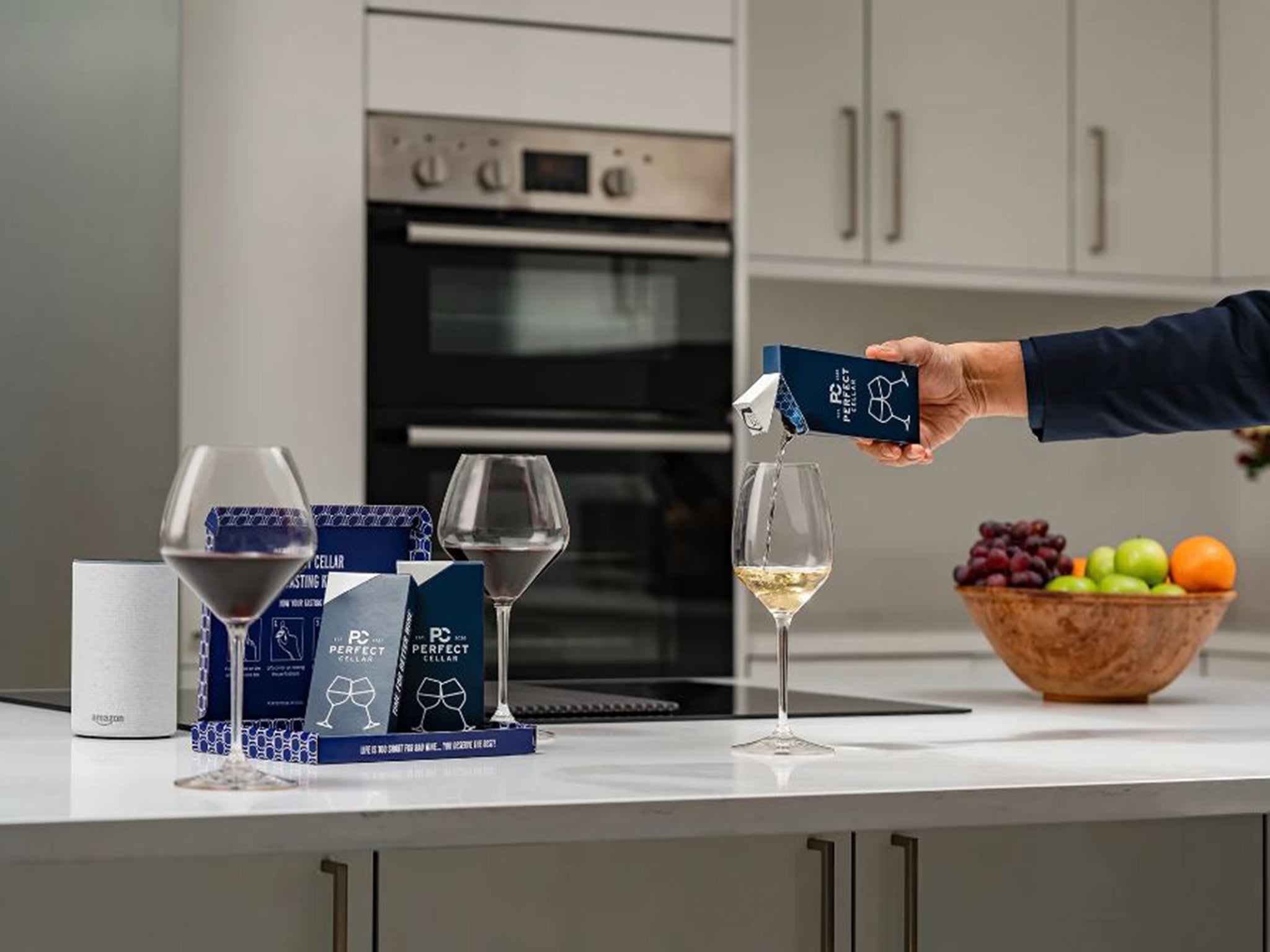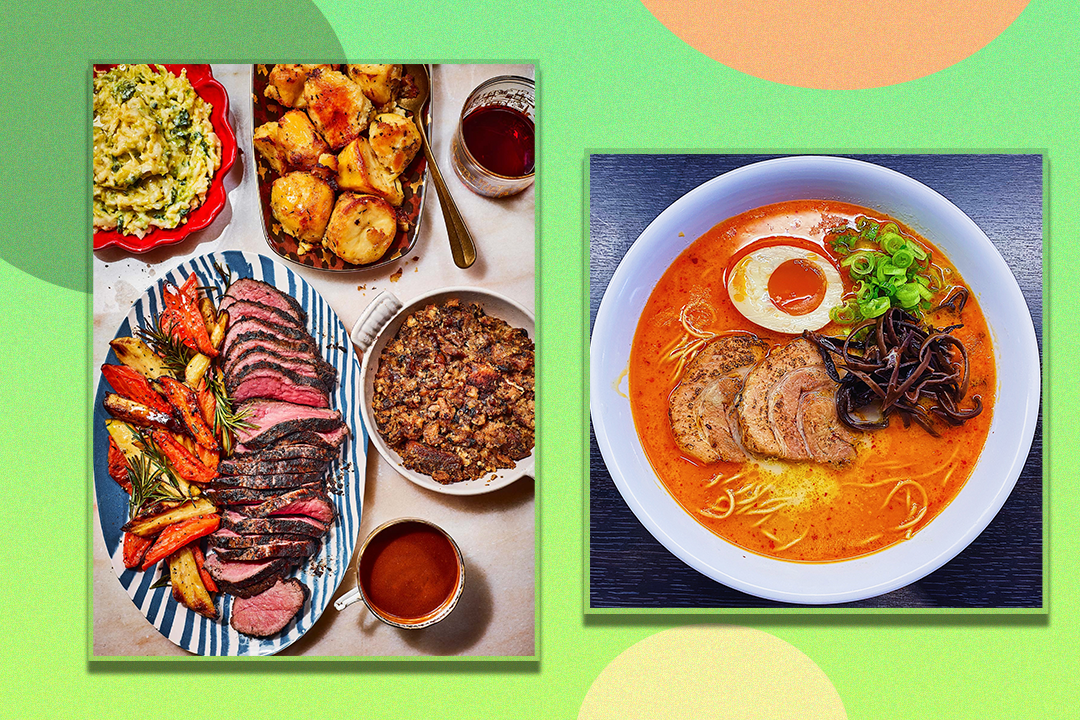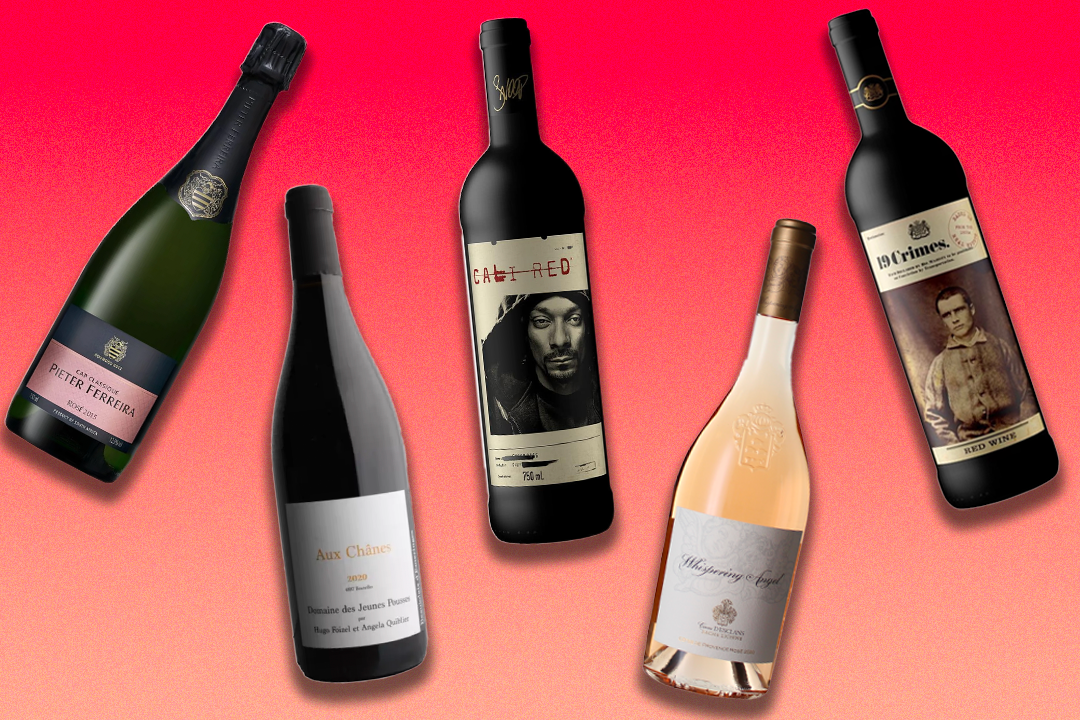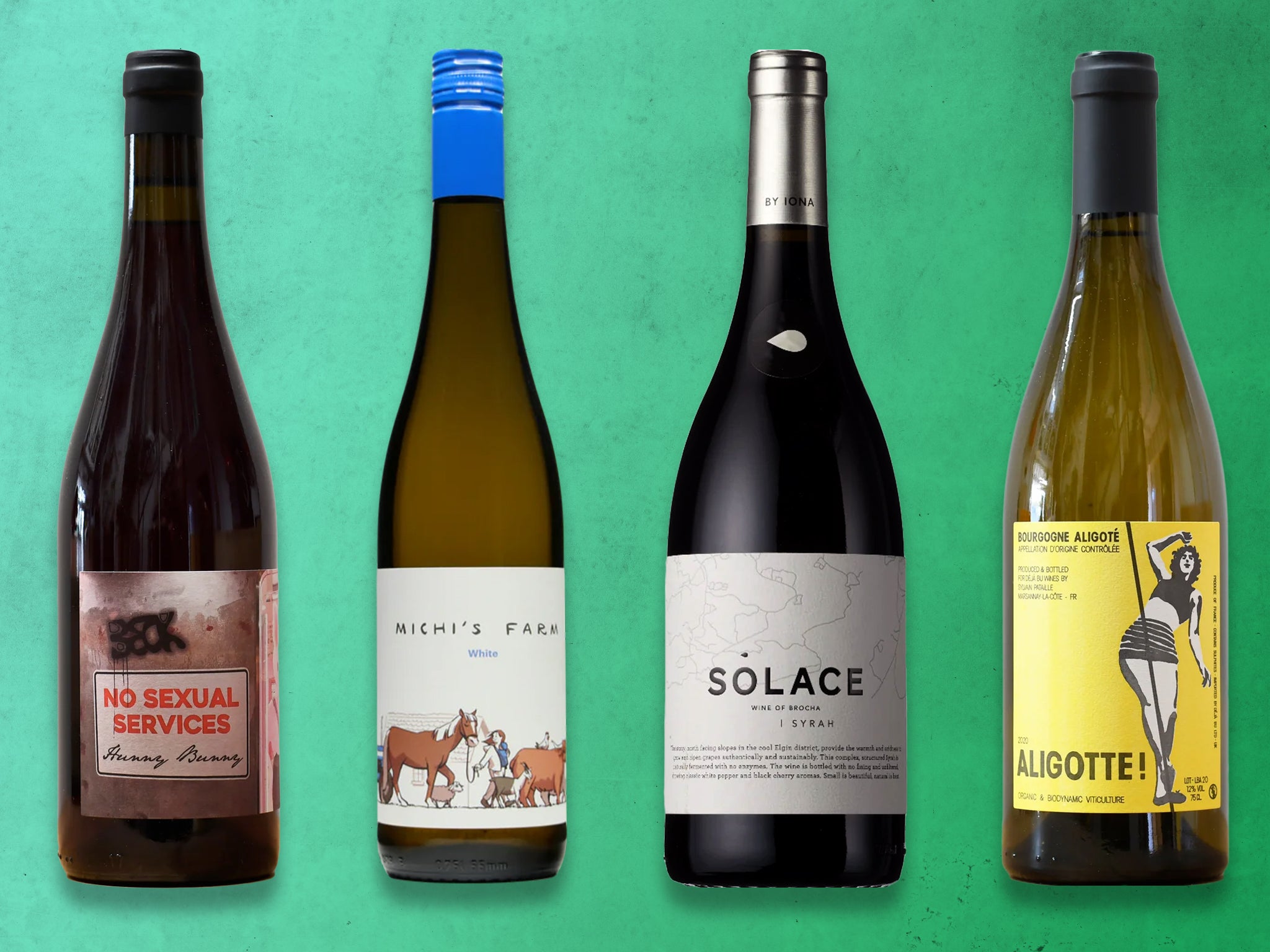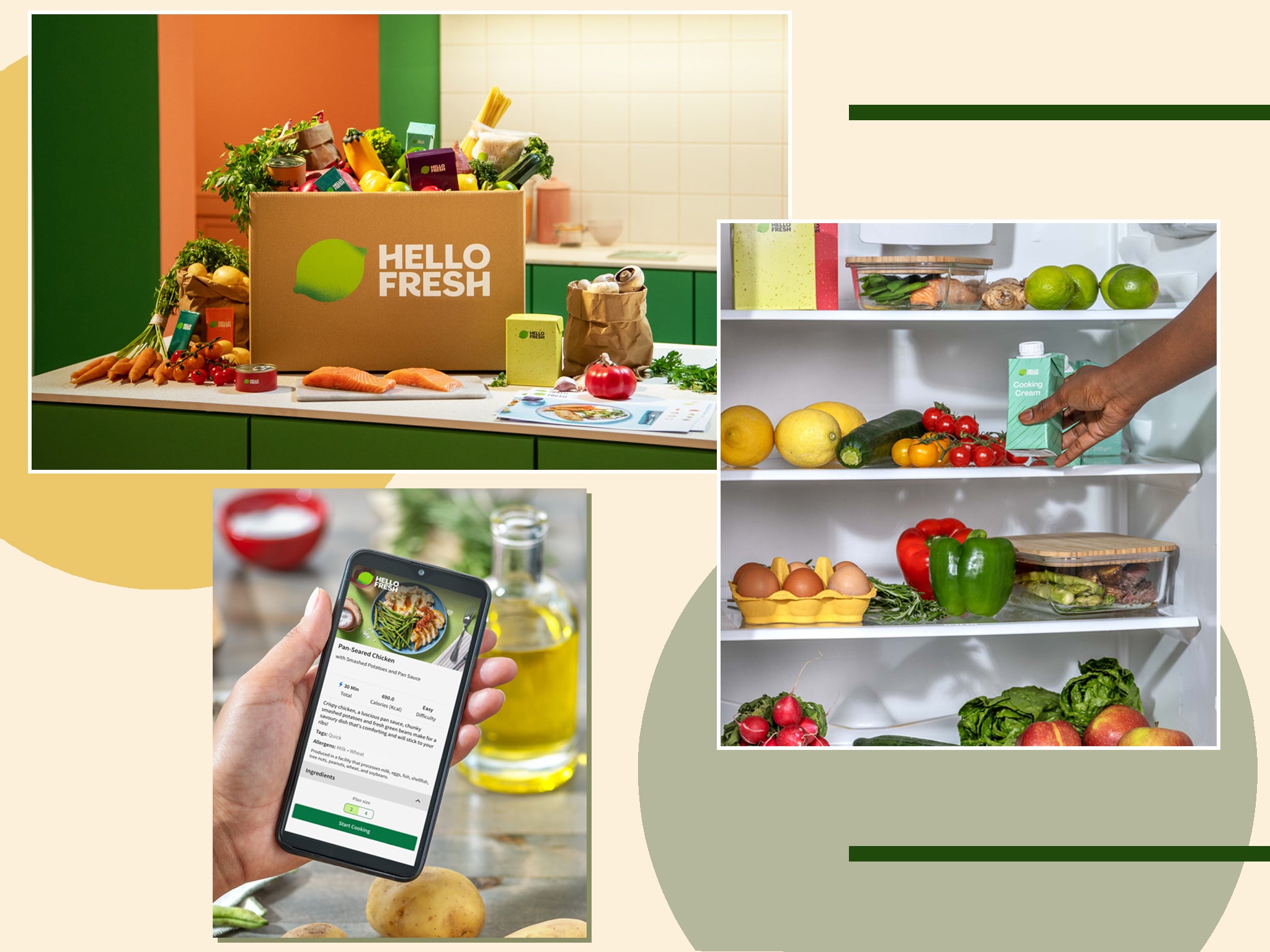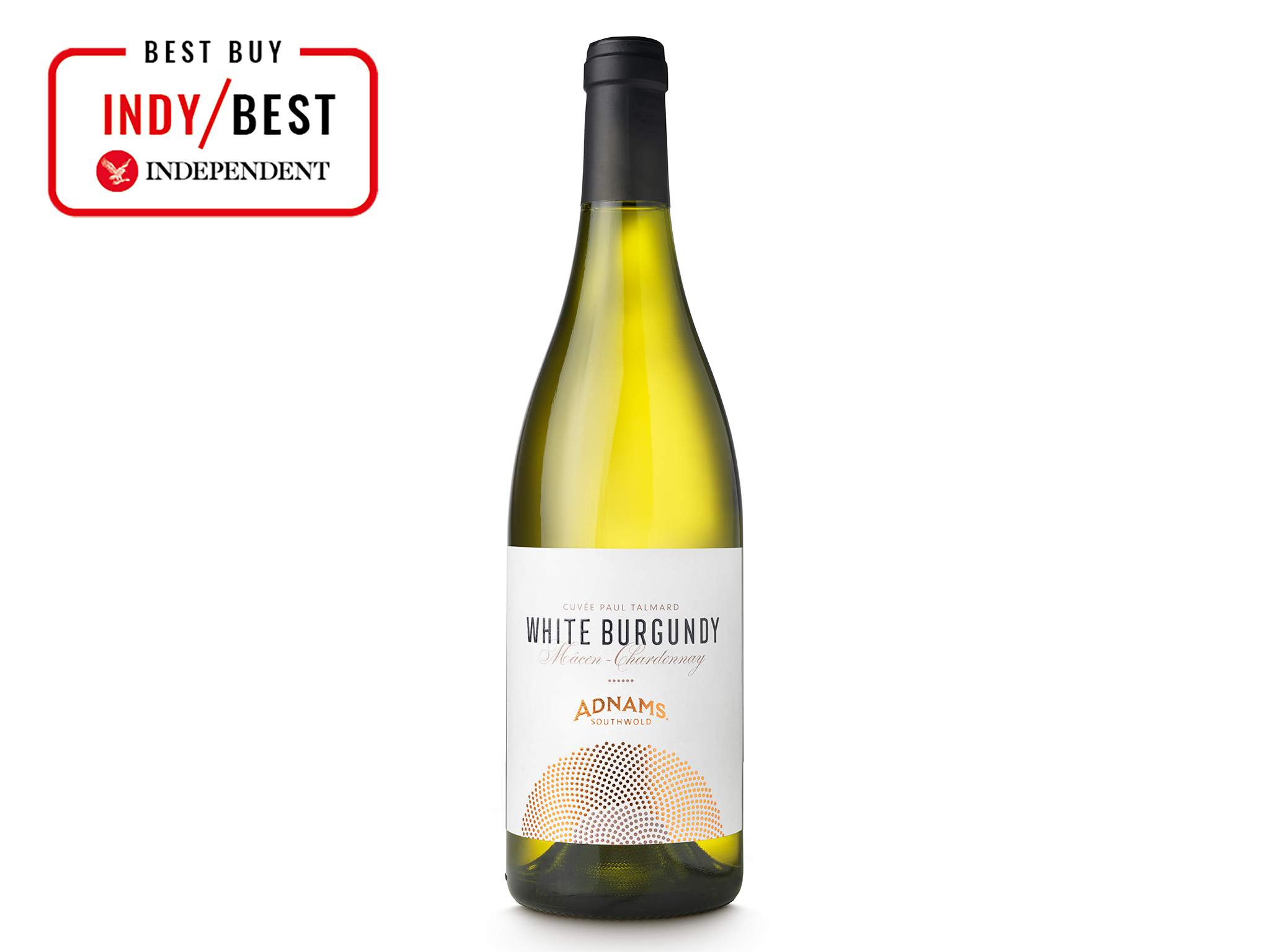
The Independent's journalism is supported by our readers. When you purchase through links on our site, we may earn commission. Why trust us?
13 best vegan wines to toast all things plant-based
Whether you prefer red, white or even bubbly, you can find a bottle that doesn’t contain animal products
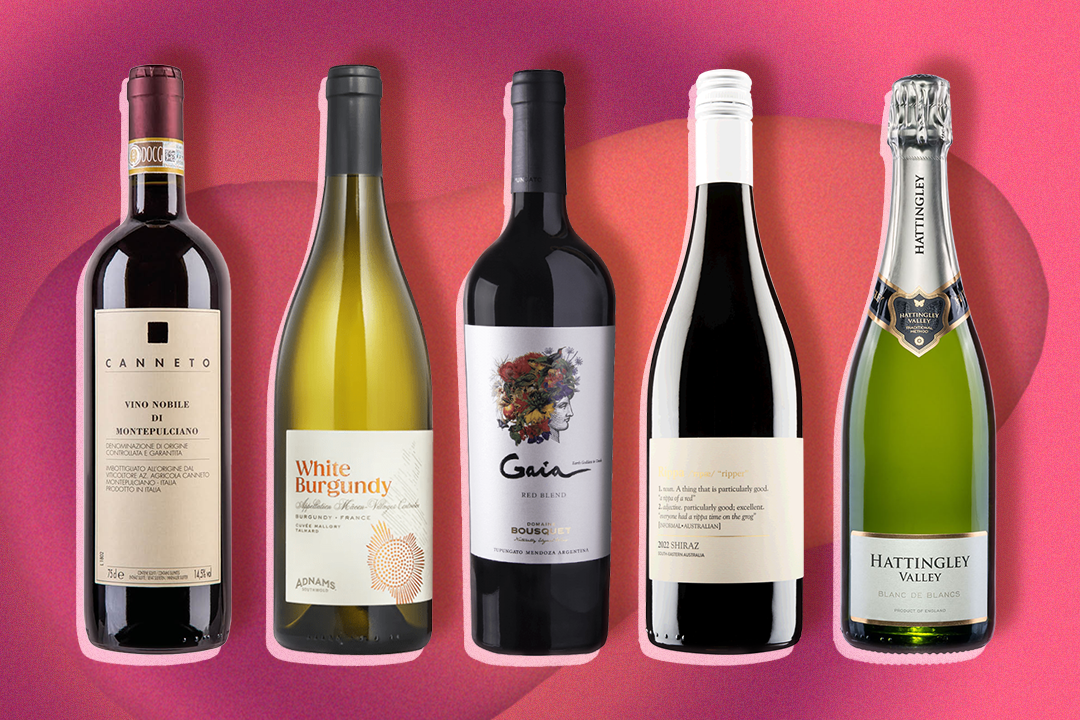
Vegan wines are more popular than ever, helped by a recent surge in people choosing a more plant-based diet. One survey found the number of vegans in Great Britain rose by 1.1 million between 2023 and 2024, while research by Ipsos in 2022 found 46 per cent of Brits aged 16 to 75 were considering reducing their intake of animal products.
Luckily, it’s becoming increasingly easy to find vegan products in supermarkets and on restaurant menus. But it gets a little more confusing when deciding what to drink. Just because wine is made from grapes, doesn’t automatically make it a vegan-friendly choice.
Animal-based fining agents, including egg whites and gelatine, are often used in winemaking, to soften the wine, make it clearer and reduce its bitterness. Though these are removed by filtration, so they’re not strictly considered ingredients, it’s possible some traces could remain, and, either way, it still means animal products are being used as part of the winemaking process.
There’s no need to go teetotal if you’ve sworn off animal products, though. Winemakers are increasingly meeting demand by finding alternatives that are suitable for vegans. “Several non-animal fining products, such as bentonite clay and pea protein, are now widely available,” says Dan Farrell-Wright, director at independent British wine merchant Wickhams. “There’s little evidence to suggest any effect on taste, either.”
As not every wine will state whether or not it’s suitable for vegans, we’ve done the hard work for you and tested countless bottles, to help you find your new favourite vegan-friendly vino.
How we tested the best vegan wines
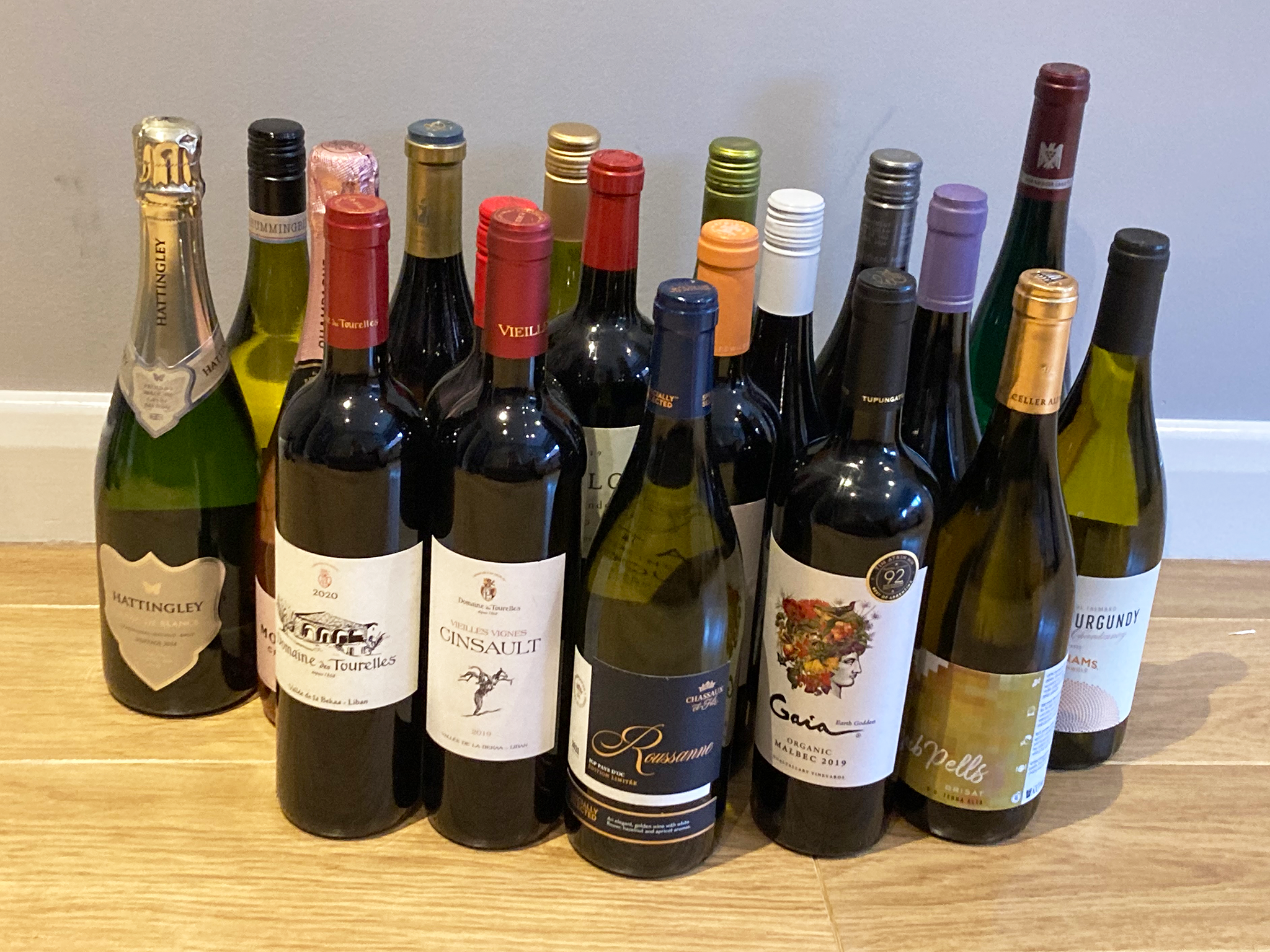
We uncorked, sniffed and swirled a range of vegan wines to find our favourites, trying every one at the recommended temperature and sipping each in isolation to savour its flavours and aromas. We also tasted all the whites alongside each other, then did the same with reds and fizz, to find the wines we’d gladly return to. We also tested our favourites with food, to see which paired particularly well with vegan meals and which were better enjoyed on their own.
The best vegan wines for 2024 are:
- Best vegan wine overall – Adnams white burgundy: £14.49, Adnams.co.uk
- Best budget vegan red wine – McGuigan reserve malbec: £7.75, Sainsburys.co.uk
- Best vegan sangiovese wine – Canneto vino nobile di montepulciano 2017: £21.56, Perfectcellar.com
- Best New Zealand vegan white wine – The Ned sauvignon blanc: £8.99, Majestic.co.uk
- Best vegan sauvignon blanc – Keine Zalze sauvignon blanc semillon: £7.50, Tesco.com
Adnams white burgundy

- Best: Vegan wine overall
- ABV: 12.5%
- Size: 75cl
Prepare to discover your new favourite white wine. This unoaked chardonnay is startlingly versatile – fruity but not overpowering with a good acidity and creamy finish that will keep you coming back for more. It’s made by the Talmard family, from grapes grown around the village of Chardonnay in the southern Burgundy region of Mâcon and is fermented in stainless-steel tanks. The result is a deliciously refreshing white, with zesty lemon and white peach flavours that make this wine perfect on its own or with nourishing salad bowls.
If red’s more your thing, we also rate Adnams douro red (£10.49, Adnams.co.uk), which has juicy cherry flavours and floral notes that we’d serve with a wholesome vegan pie and mash.
McGuigan reserve malbec
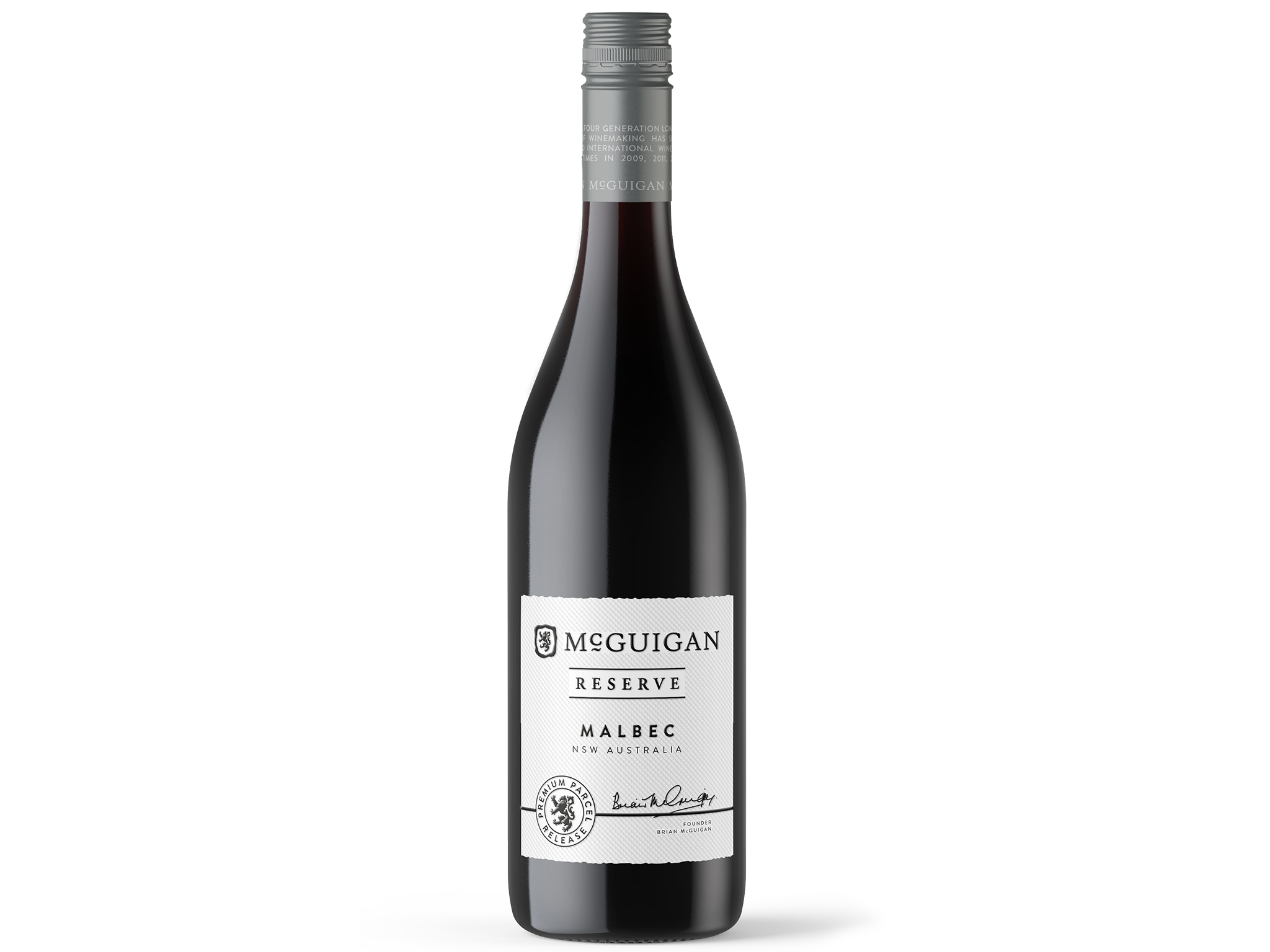
- Best: Budget vegan red wine
- ABV: 13%
- Size: 75cl
There’s no need to blow the budget to find a reliable vegan red wine that will never let you down. This gets the thumbs up from us on price and flavour – it’s packed with plum and blackberry, soft tannins and a delicate, warming spice. A welcome note of oak adds richness to the vibrant fruit flavours.
It’s made by the award-winning McGuigan Wines in Australia’s New South Wales – with fruit from vineyards in the Murray-Darling, Limestone Coast and Riverland regions – and is a great bottle to grab for a home-cooked vegan feast. We recommend a generous portion of bean chilli, for a guaranteed crowd-pleaser.
Canneto vino nobile di montepulciano 2017
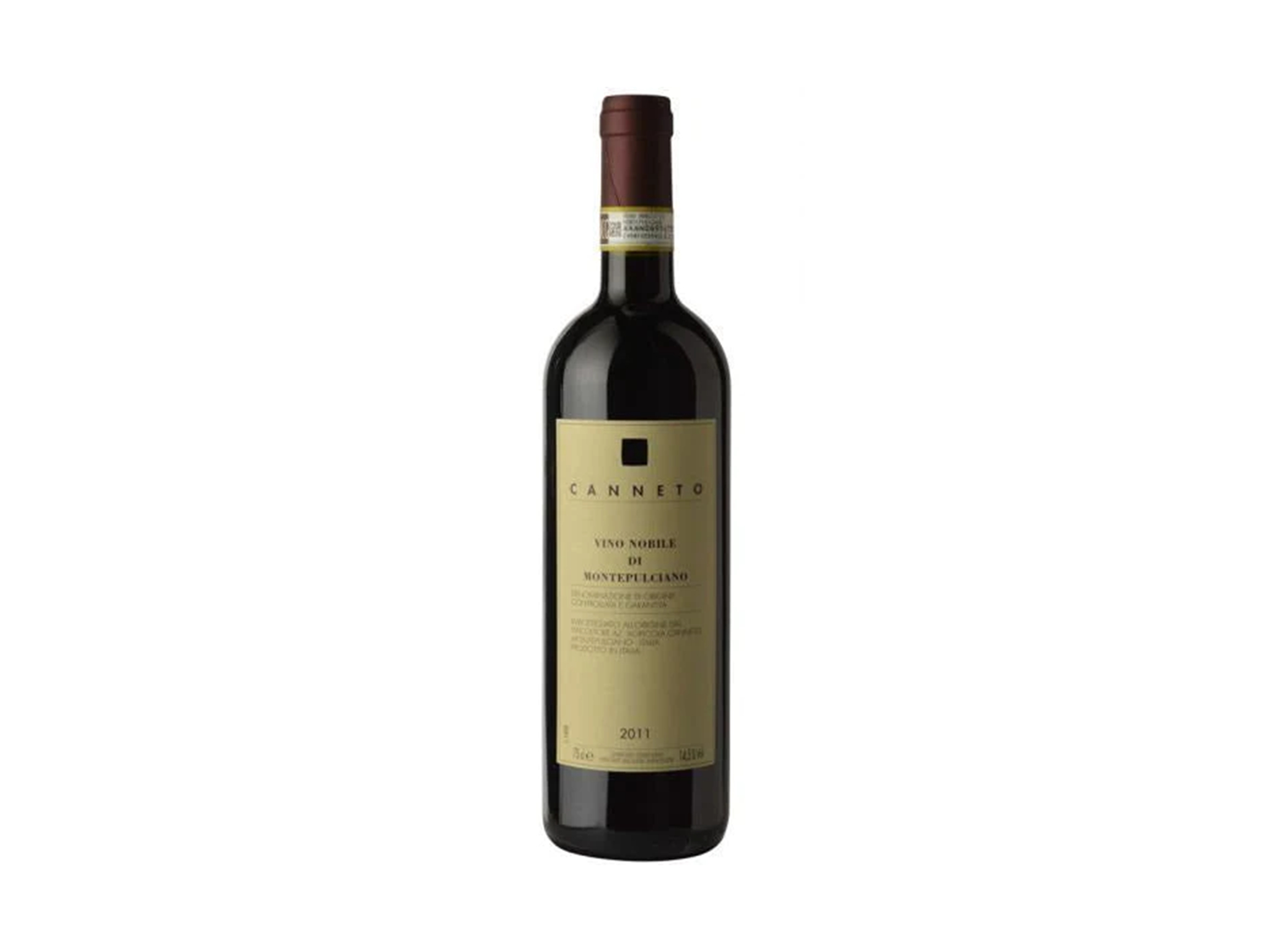
- Best: Sangiovese vegan wine
- ABV: 14%
- Size: 75cl
A blend of mainly sangiovese grapes, plus a dash of merlot and cab sav, this is a soft and fruity red wine that’s known to age well in the bottle. Not that this table wine is likely to stay on your shelf for very long – the 2017 vintage is a real crowd-pleaser, with bright and jammy notes that pair well with rich, acidic flavours. We drank it with spaghetti and meatballs – but it would go down just as nicely by itself.
Sangiovese and the Montepulciano wine estate are a favourite of wine nerds, and this bottle puts paid to the idea that the hallowed Tuscan grape shouldn’t freely collaborate with others. A full-bodied wine with surprisingly fruity features, this is a delightful red for any occasion.
Domaine Bousquet Gaia organic malbec
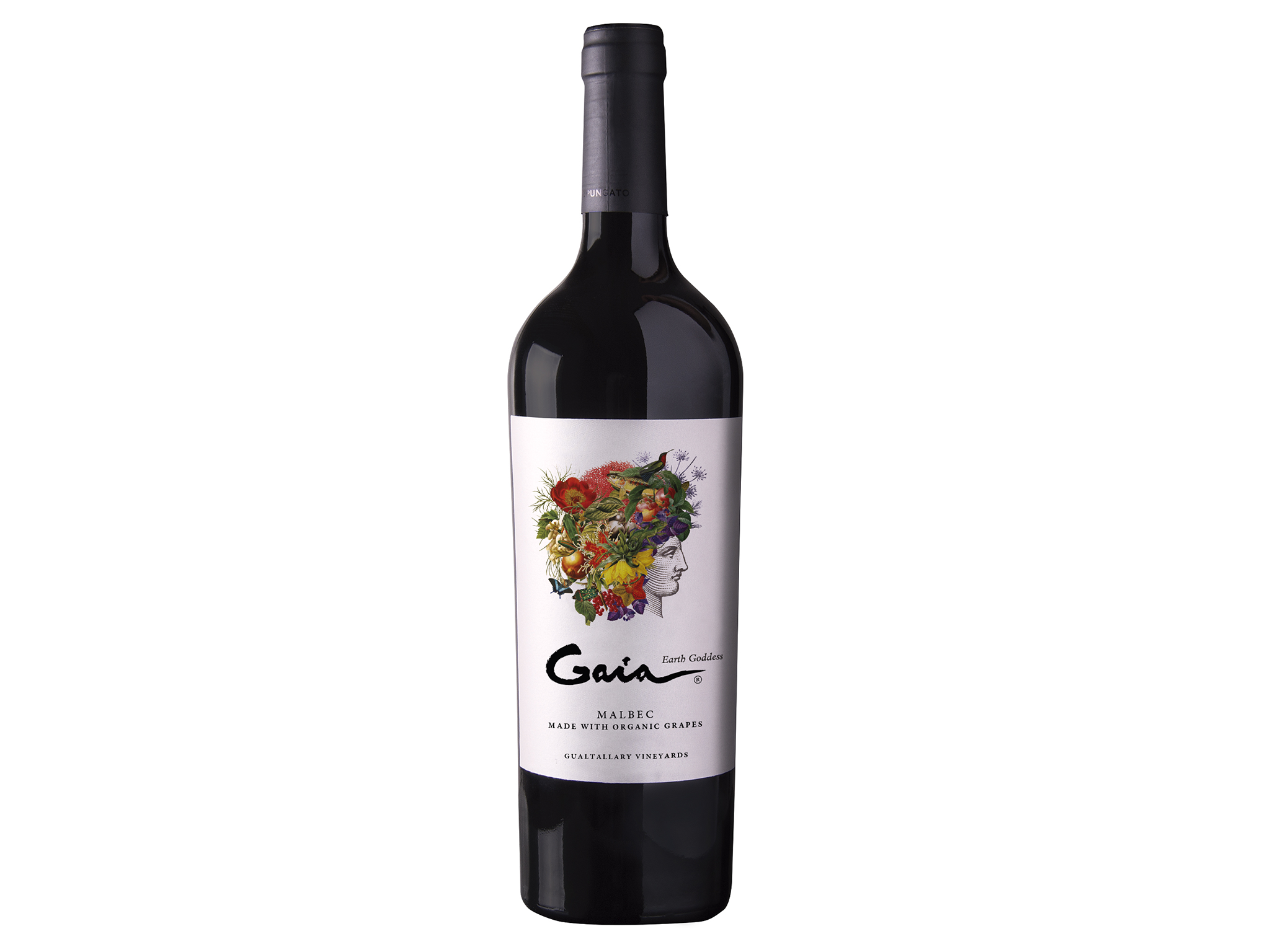
- Best: Full-bodied vegan red wine
- ABV: 14.5%
- Size: 75cl
If you’re looking for a red that really packs a punch, this is the one for you. Clocking in at a hefty 14.5 per cent ABV, it’s probably not the best choice if you’ve got an early morning, but it’s ideal for swilling and savouring when you can really enjoy every mouthful. Gluten-free and organic as well as vegan, it’s a classic example of Argentina’s signature grape, which benefits from the country’s warm sunshine and cold nights. Its full-bodied fruitiness makes this wine a delight to drink on its own, but it also pairs well with grilled vegetables and any peppery sauces that need a vino with oomph.
Ripper shiraz 2021
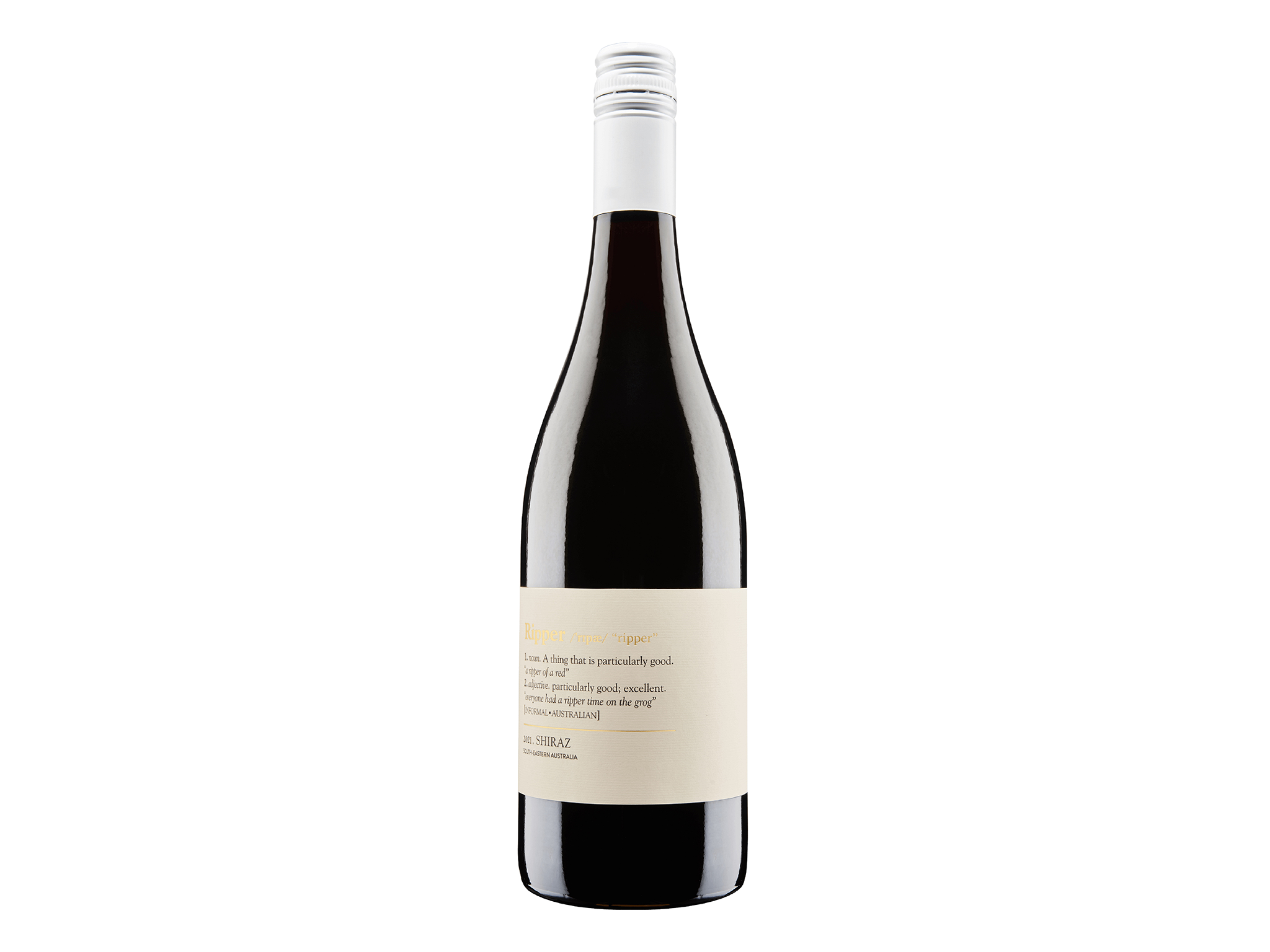
- Best: Wintery vegan red wine
- ABV: 14%
- Size: 75cl
This delicious and appropriately named Australian red isn’t just proudly vegan, it’s also eco-friendly and made on a vineyard that re-uses waste water, has solar panels and even uses sheep to prune the vines.
The vineyard is owned and operated by the third generation of the same family, with winemaker David King as the brains behind this super-smooth shiraz that is packed with juicy fruit flavours. Though it’s a little lighter than you might expect, the tang of blackberry and cherry has a spicy undertone that makes this shiraz perfect for winter sipping, preferably alongside a hearty veg stew.
The Ned sauvignon blanc
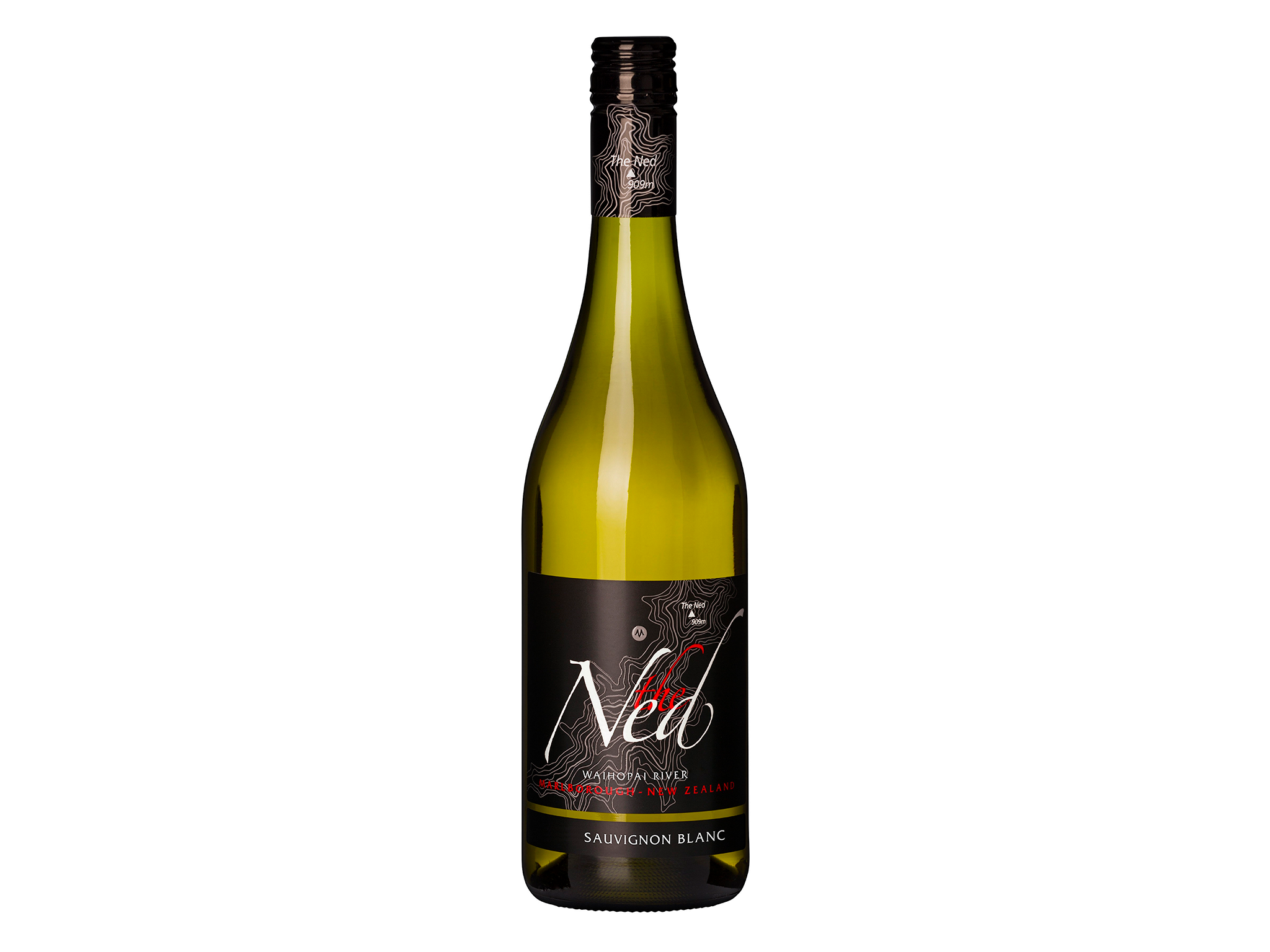
- Best: New Zealand vegan white wine
- ABV: 13%
- Size: 75cl
Sauvignon blanc is New Zealand’s best-known variety and is adored for its tropical, grassy flavours. This version from winemaker Brent Marris is a classic, delightfully drinkable example that could easily become our go-to white.
Produced by Marisco Vineyards in Marlborough’s southern valleys, the grapes are grown in soil created from the ancient, glacial movements of the Waihopai River. Impressively, Marris’s father was the first person to plant sauvignon vines in Marlborough, so it’s no wonder his son’s now making award-winning wines such as this. Expect a rush of gooseberry and lime flavours with an earthy, herby twist and a lip-smacking acidity that would be heavenly served with a crunchy salad or grilled asparagus.
Hattingley Valley blanc de blancs 2014
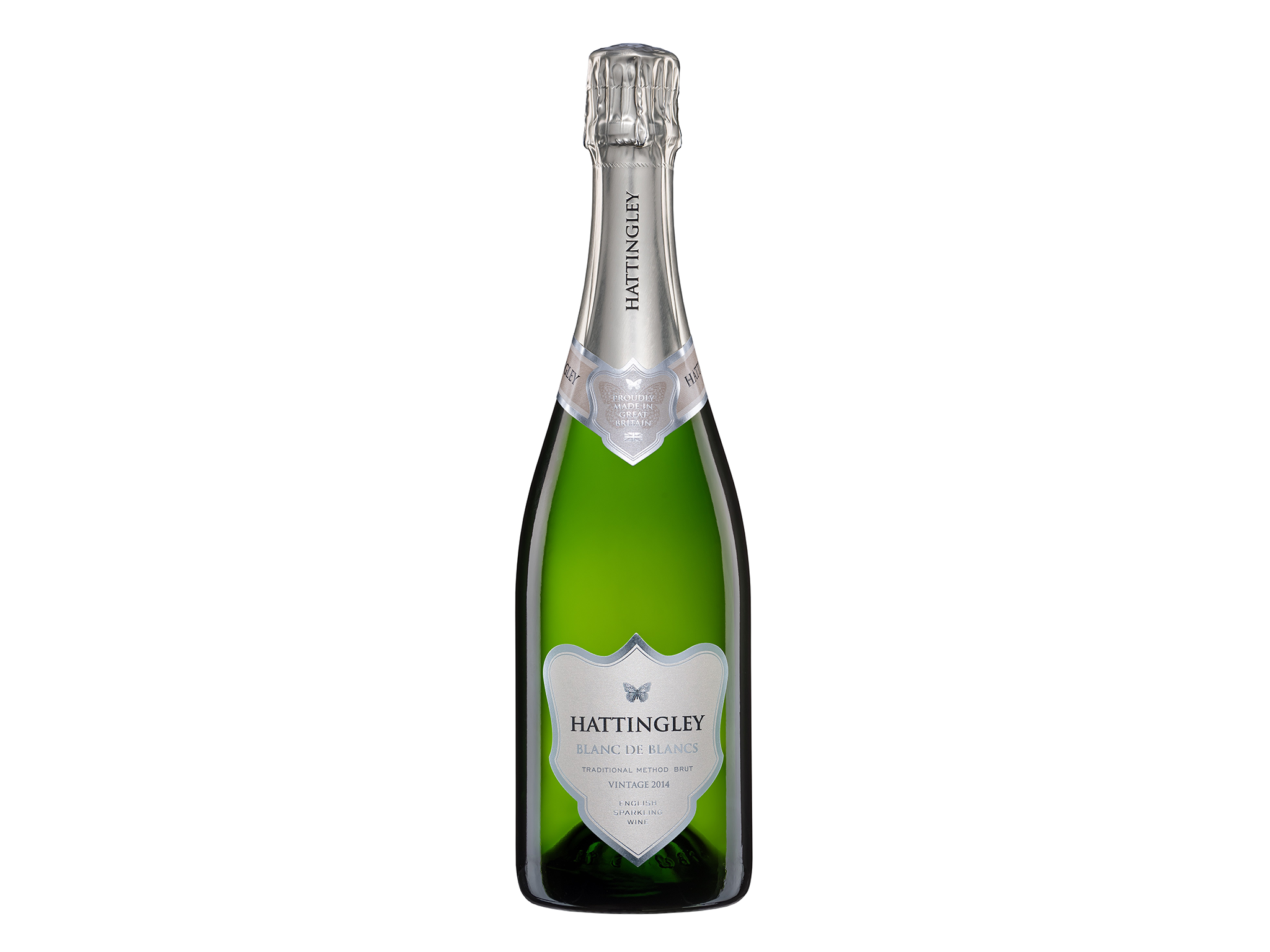
- Best: English vegan wine
- ABV: 12%
- Size: 75cl
If you’re looking for a vegan wine to give as a gift or celebrate something special, look no further. Hampshire’s Hattingley Valley is one of the UK’s leading wineries, having first planted vines in 2008 and gone on to become one of the most advanced eco-friendly wineries in the world.
Like champagne, Hattingley’s sparkling wine is produced using the traditional method but with a subtle use of oak barrels. This blanc de blancs is made by winemaker Emma Rice, using 100 per cent chardonnay grapes before approximately 13 per cent of the wine was fermented in old oak barrels to give this fantastic fizz its creamy texture. A remarkably balanced bubbly, it pairs a hint of citrus and stone fruit with moreish brioche notes and a long, sophisticated finish.
Domaine des Tourelles cuvée Pierre brun 2019-20
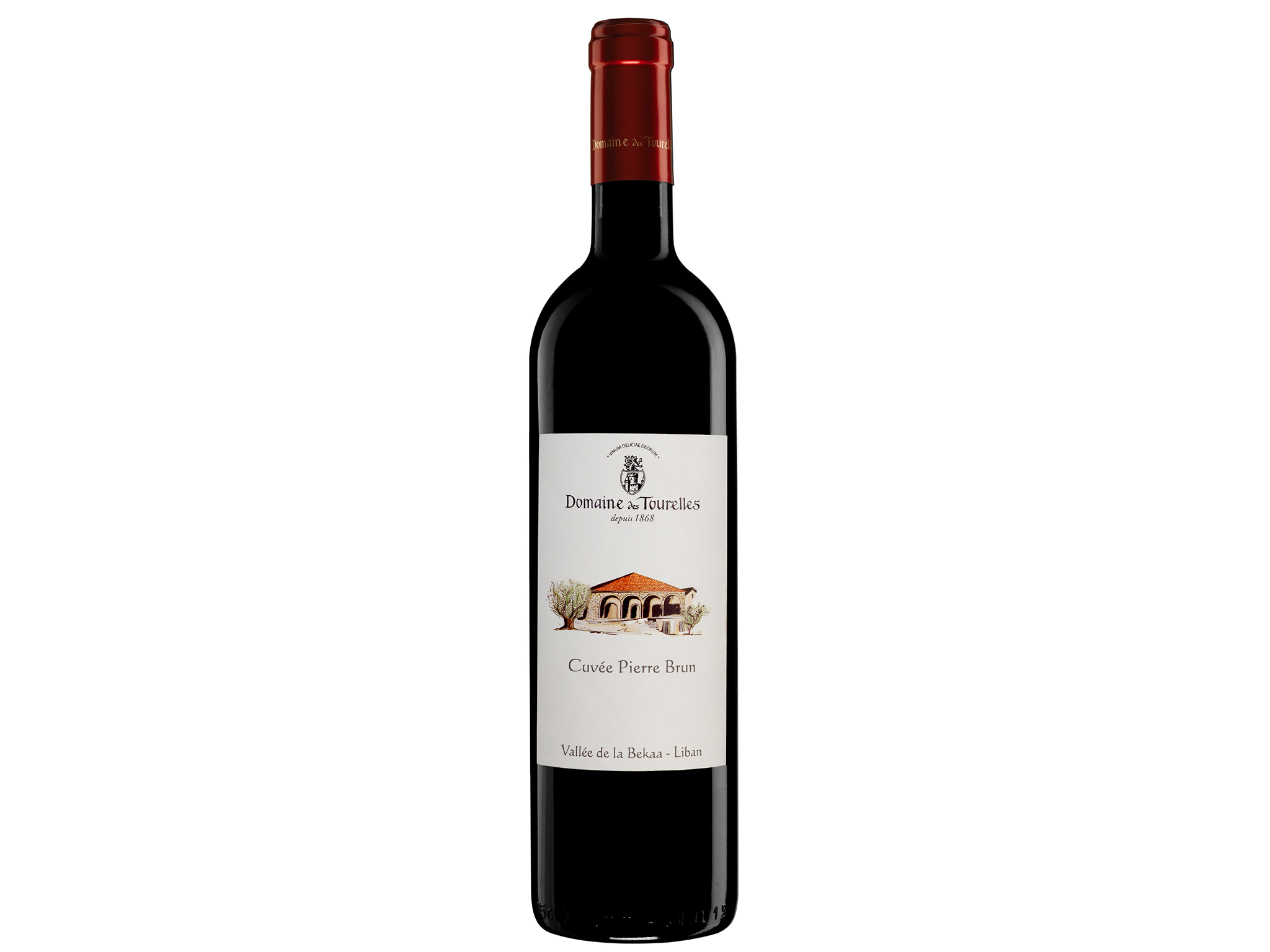
- Best: Lebanese vegan wine
- ABV: 14%
- Size: 75cl
Chances are, you’ve never tried wine from Lebanon before. Although Phoenician merchants traded wine there as far back as 3000BC, the country still only produces around 7 million bottles a year – compared with the 170 million bottles produced annually by the French region of Provence. Still, if you want to get your hands on one, this red from Lebanon’s oldest winery is a great place to start. It’s made using a blend of cabernet sauvignon, syrah, cinsault, carignan and indigenous yeast, which has no commercial additives, while potato starch is used as a fining agent. Silky smooth and ruby red in the glass, its mix of dark fruit and earthy spice gives the wine an almost savoury palette that lingers long after the last drop.
Altano rewilding edition douro red
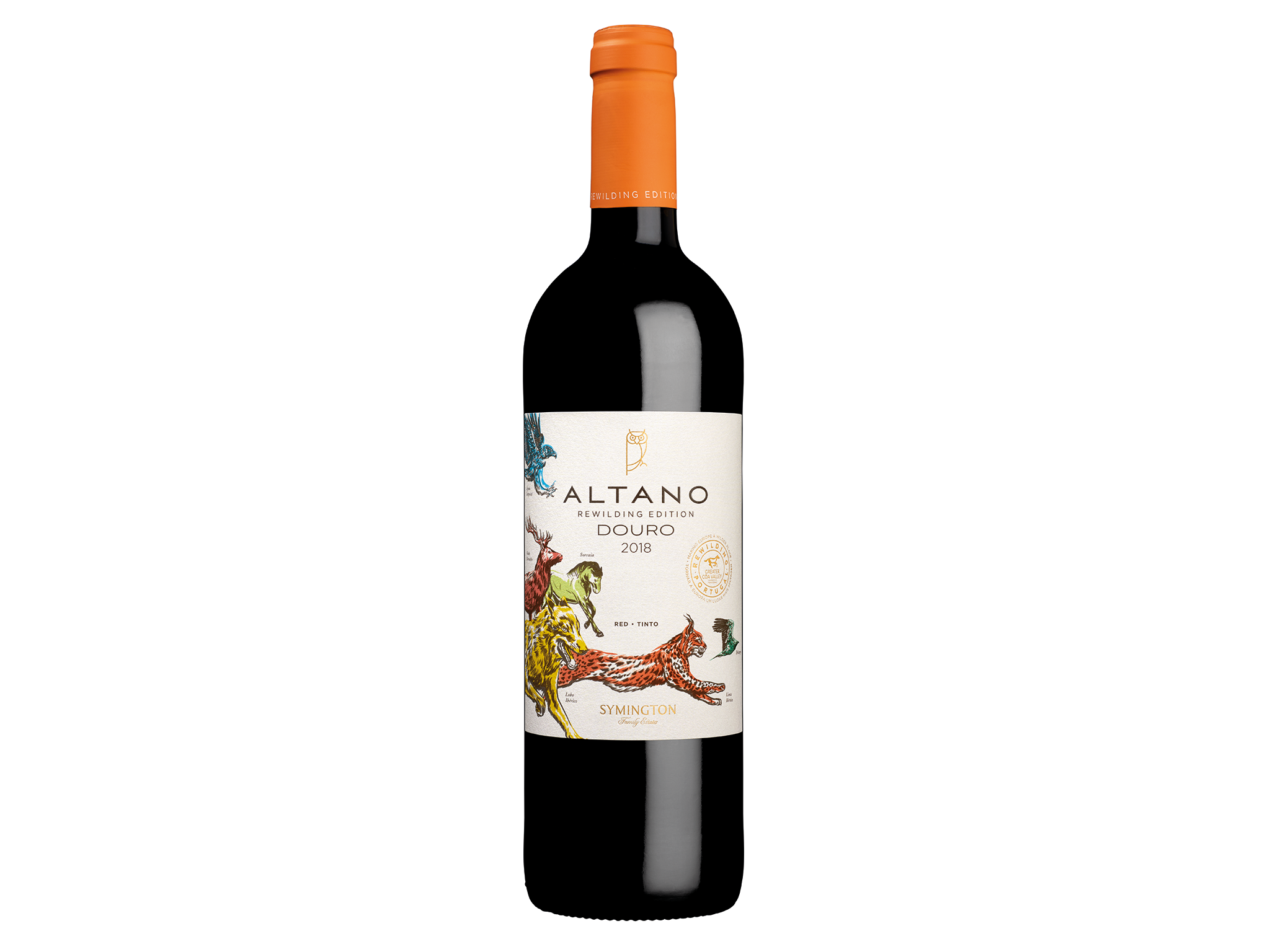
- Best: Vegan wine to make a difference
- ABV: 14%
- Size: 75cl
Raise a glass to making a difference, with this Portuguese red that comes from the Symington family, the world’s leading premium port producers, who have been making wine for five generations, since 1882.
This wine is produced in partnership with Rewilding Portgual, a not-for-profit organisation that aims to preserve the nation’s natural landscapes. Proceeds from each sale go towards a conservation project on a 120,000ha wildlife corridor in northern Portugal, to help protect wildlife, including the griffon vulture, Iberian lynx and Iberian wolf.
The wine itself is made with grapes grown in the remote reaches of the Douro Valley, with some sourced from higher altitude vineyards, to give the vino its fresh, fruity flavours. Expect ripe blackberries, spicy tannins and an intense chocolatey mouthfeel.
Keine Zalze sauvignon blanc semillon
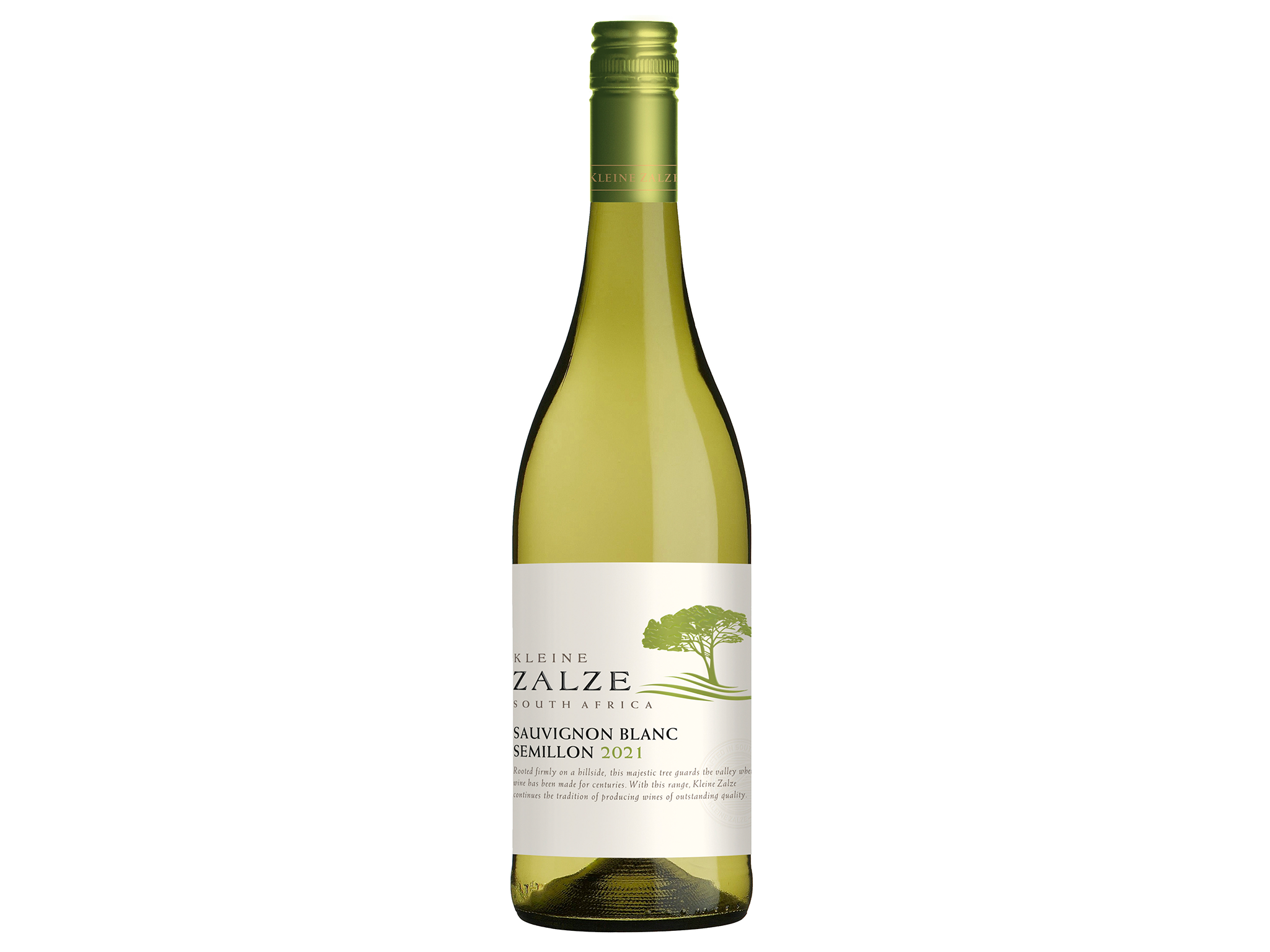
- Best: Vegan sauvignon blanc
- ABV: 13%
- Size: 75cl
If you’re hooked on New Zealand sauvignon blanc, you won’t regret switching to this stand-out South African white instead. Blended with 25 per cent semillon, the wine is made at a family-owned winery just outside Stellenbosch. The addition of semillon tones down the sauvignon’s aromatic tang, which can be a little over-powering in some New Zealand offerings, to make this a brilliantly drinkable white with a natural but not overwhelming acidity. We loved its tropical fruit flavours, grassy notes and twist of lime, and would happily reach for this bottle whenever we’re craving a refreshing glass of white.
Rosade Furlane merlot Venezia Giulia IGT
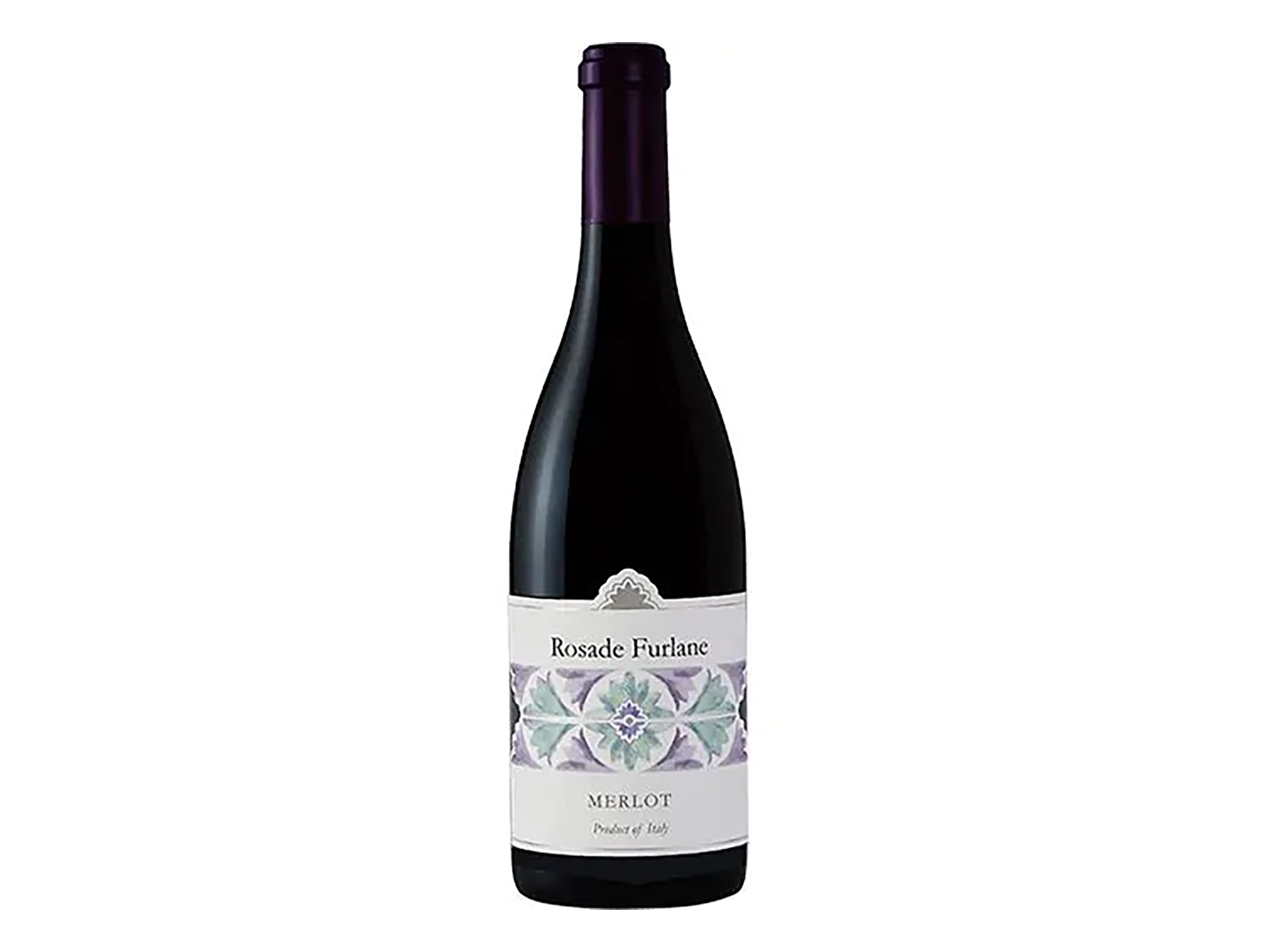
- Best: Vegan red wine for pairing with food
- ABV: 12.5%
- Size: 75cl
Whether you’re dabbling in veganism or are strictly plant-based, you won’t struggle to match this easy-drinking red to dishes. There’s very little it won’t work with, thanks to its soft stone-fruit flavours, hint of spice and earthy undertones.
Made by the Rosade Furlane winery in Veneto in Italy, it’s produced using cold fermentation and stainless-steel vats, to give the wine a bright versatility, pleasing acidity and go-with-anything smoothness. We enjoyed it with a vegan burger but also found it worked well with a flavour-packed mushroom stir-fry, so you won’t go far wrong keeping a bottle of this in your wine rack.
Varner Foxglove zinfandel
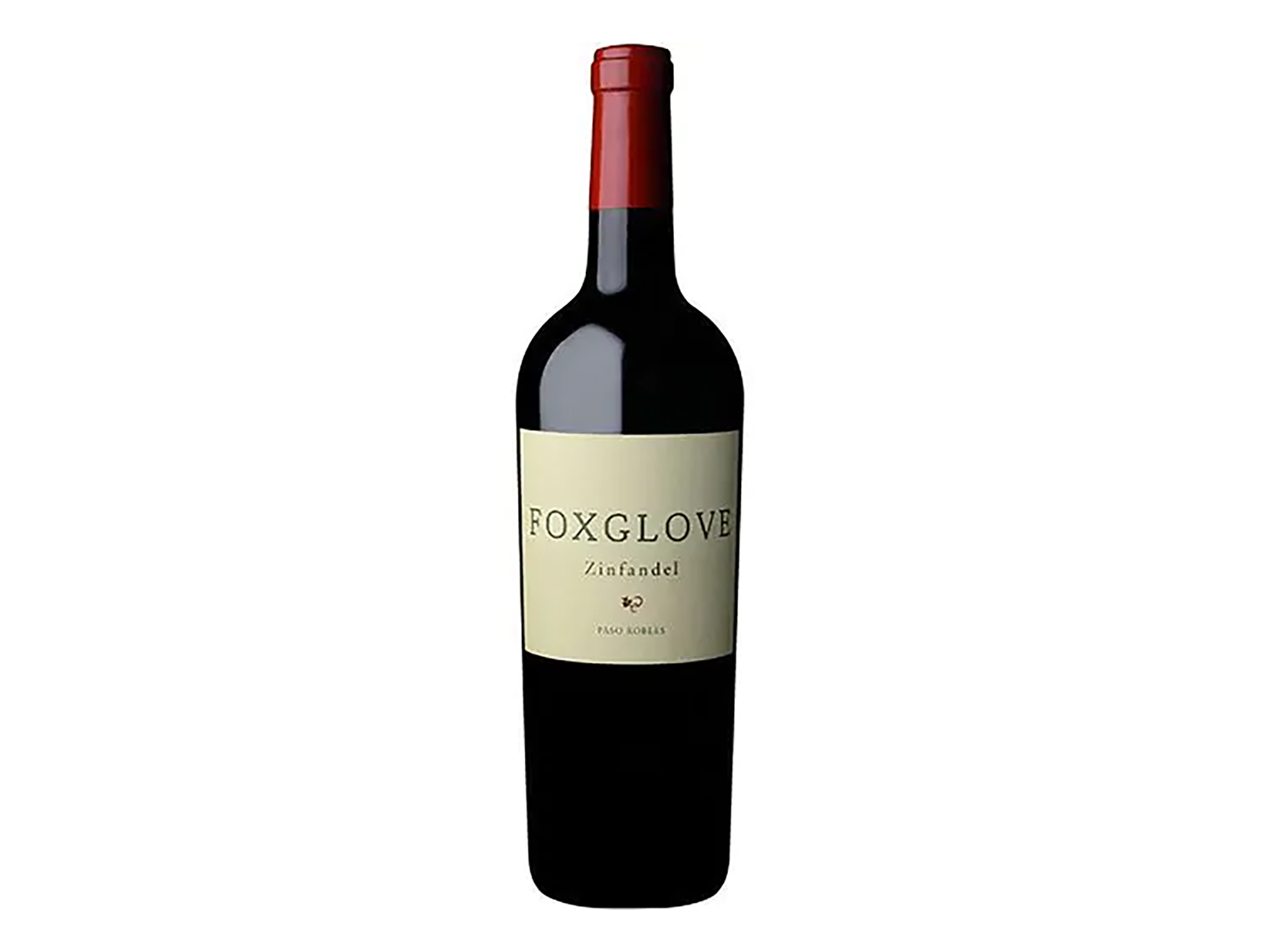
- Best: Fruity vegan red wine
- ABV: 14.5%
- Size: 75cl
Don’t think you have to avoid red just because you don’t eat meat. This one is so good, it can be enjoyed all on its own but it also goes a treat with dark-chocolate desserts or even slightly chilled on a summer’s evening.
It’s made by twin brothers Jim and Bob Varner in the Santa Cruz mountains of California, where the cooling influence of the Pacific makes this wine’s fruit flavours pop. Velvety in the mouth and full of energy, it’s jam-packed with bold flavours of blackberries, cherry and plum but with a smoky spiciness and hint of leather to add intriguing depth. A real red triumph.
Journey’s End the griffin syrah
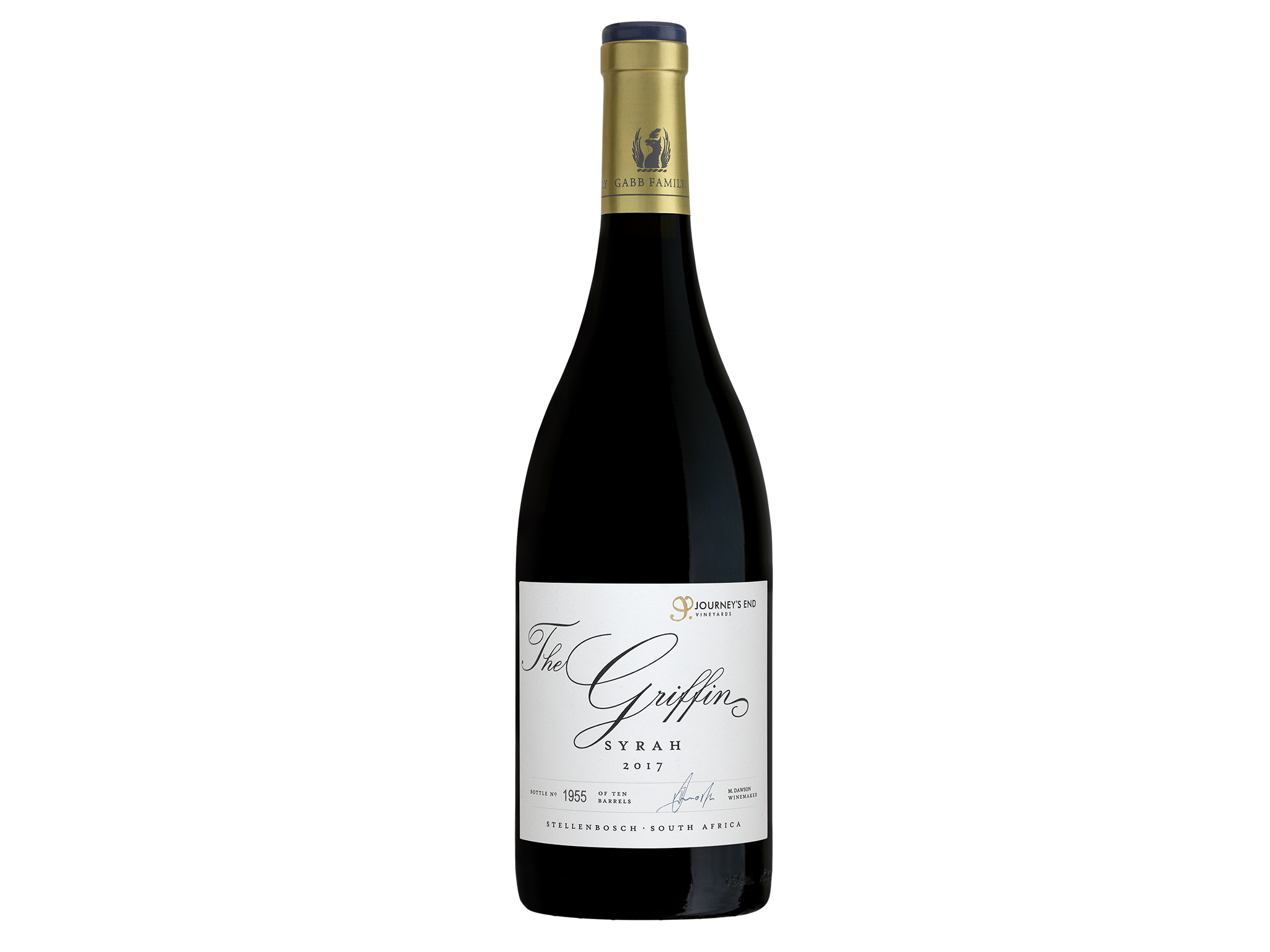
- Best: Vegan red wine for a special occasion
- ABV: 14%
- Size: 75cl
If you’re looking for a bottle to impress, this South African red is a no-brainer. Made with grapes grown in the foothills of the Hottentot Mountains with views across the bay to the Cape of Good Hope, the wine is produced from hand-picked grapes carefully fermented as whole bunches and matured in American oak barrels. Fining comes from bentonite, making it vegan-friendly.
With surprising white pepper on the nose, the wine brims with layers of fruit flavours, silky tannins and subtle caramel notes. No need to rush to drink it either: this one will age well in the bottle until 2026, so you can stash it away for an occasion that needs something seriously special.
The verdict: Vegan wine
There’s no need to struggle to find a vegan wine, as there’s a great range available at every price point, from budget reds to good champagne. For a can’t-go-wrong white, we’d recommend Adnams white burgundy, which will taste great year-round. When only a red will do, choose Rosade Furlane merlot Venezia Giulia IGT for astonishing versatility and moreish fruit flavours that are a dream paired with almost any food.
Wines featured are chosen on merit by our writers but The Independent works with Perfect Cellar to offer readers wine choices and will earn commission if readers choose to buy their wines via a link from this Independent.co.uk article.
Pair your wines with delicious dishes, with the best cookbooks
Voucher Codes







